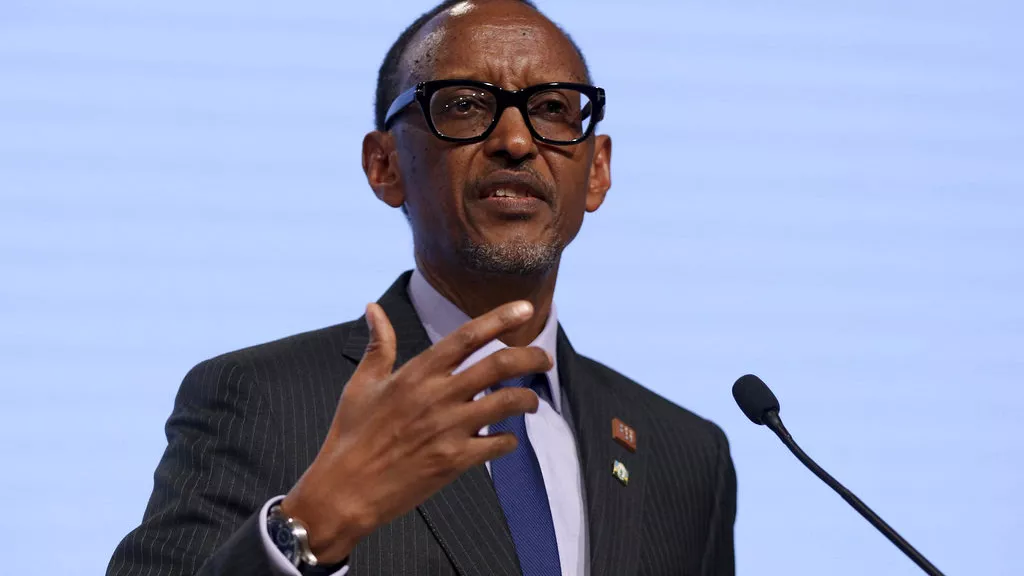Rwandan President Paul Kagame has announced for the first time that he plans to run for a fourth term in next year’s elections.
“I am happy with the confidence Rwandans have shown in me. I will always serve them as long as I can. Yes, I am indeed a candidate,” Mr Kagame, 65, told the French-language magazine Jeune Afrique.
In March, the Rwandan government decided to synchronise the dates of its legislative and presidential elections, due to take place in August 2024.
Until then, Kagame had not openly expressed his intentions, but he has made controversial constitutional amendments that have enabled him to serve a third term and could allow him to govern until 2034.
A former rebel leader, Kagame has been considered the country’s de facto leader since the end of the 1994 genocide.
He was returned to power – with over 90% of the vote – in the 2003, 2010 and 2017 elections.
While Rwanda now claims to be one of the most stable countries on the African continent, human rights groups accuse Kagame of ruling in a climate of fear, stifling dissent and freedom of expression.
In 2021, Paul Rusesabagina, hero of “Hotel Rwanda” and outspoken critic of Kagame, was sentenced to 25 years in prison for terrorism, following his arrest the previous year.
Rusesabagina was on a plane he thought was bound for Burundi when it landed in Kigali, in what his family described as a kidnapping.
Released from prison in March 2023 and flown to the United States following a presidential pardon, Rusesabagina published a video message in July, claiming that Rwandans were “prisoners in their own country”.
Rwanda is ranked 131st out of 180 countries in the Reporters Without Borders World Press Freedom Index 2023.
When asked in 2022 whether he would seek re-election, Kagame said he would “consider running for another 20 years”. “Elections are the people’s choice”, he told the France 24 news channel in an interview.
Kagame was just 36 when his party, the Rwandan Patriotic Front, ousted the Hutu extremists accused of being responsible for the genocide in which some 800,000 people, mainly Tutsis but also moderate Hutus, were murdered between April and July 1994.



